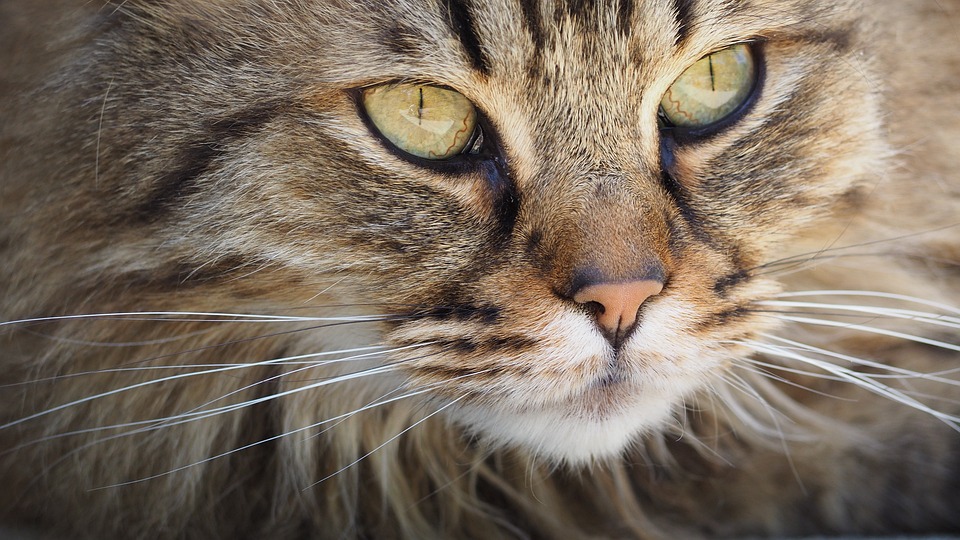Feeding your cat is one of the most important aspects of cat care. Proper nutrition ensures your feline friend stays happy and healthy throughout their life. However, many cat owners unknowingly make feeding mistakes that can impact their cat’s well-being. In this article, we will discuss some common cat feeding mistakes to avoid and provide tips on how to keep your cat happy and healthy.
1. Overfeeding: The Dangers of Obesity
One of the most common feeding mistakes is overfeeding. Many cat owners tend to allow their cats to eat as much as they want, leading to obesity. Obesity can lead to various health issues, including diabetes, arthritis, and heart disease. It’s important to practice portion control and feed your cat the appropriate amount of food based on their age, weight, and activity level. Consult with your veterinarian to determine the right portion size for your cat.
2. Feeding Inappropriate Foods
Feeding your cat a diet solely based on human food can be detrimental to their health. Cats have specific dietary needs, and their food should be specially formulated to meet those needs. Some human foods can be toxic to cats, such as chocolate, onions, garlic, and grapes. It’s important to feed your cat a balanced and complete cat food diet that provides all the necessary nutrients.
3. Inadequate Hydration
Proper hydration is crucial for cats’ overall health and well-being. Cats have a low thirst drive and may not drink enough water, leading to dehydration. Common signs of dehydration in cats include dry gums, decreased skin elasticity, and lethargy. To encourage your cat to drink more water, ensure they always have clean and fresh water available. You can also try using a water fountain or adding wet food to their diet, as it has higher water content.
4. Ignoring the Feeding Schedule
Establishing a consistent feeding routine is important for cats. Cats thrive on routine, and a consistent feeding schedule can help prevent behavioral issues and maintain their overall health. Free-feeding, where food is available all day, can lead to overeating and obesity. Instead, divide your cat’s meals into smaller portions and feed them at the same time every day. This will help regulate their appetite and digestion.
5. Lack of Variety in Diet
Providing a varied diet is essential for cats. It ensures they receive a wide range of nutrients and prevents them from becoming finicky eaters. Introduce new foods gradually to avoid digestive upset. You can incorporate variety into your cat’s diet by rotating between different flavors and brands of cat food or by adding small amounts of cooked meat or vegetables as a treat.
6. Feeding Too Many Treats
While treats can be a fun way to bond with your cat, feeding too many treats can have a negative impact on their health. Excessive treats can lead to weight gain and nutritional imbalances. It’s important to use treats in moderation and opt for healthier alternatives, such as small pieces of cooked chicken or freeze-dried meat treats. Always read the ingredient list and choose treats that are low in calories and free from artificial additives.
In conclusion, by avoiding these common cat feeding mistakes and following the provided tips, you can ensure that your cat receives the best nutrition possible. Remember to consult with your veterinarian for personalized advice based on your cat’s specific needs. A well-balanced diet and proper feeding practices will contribute to your cat’s overall health, happiness, and longevity.








